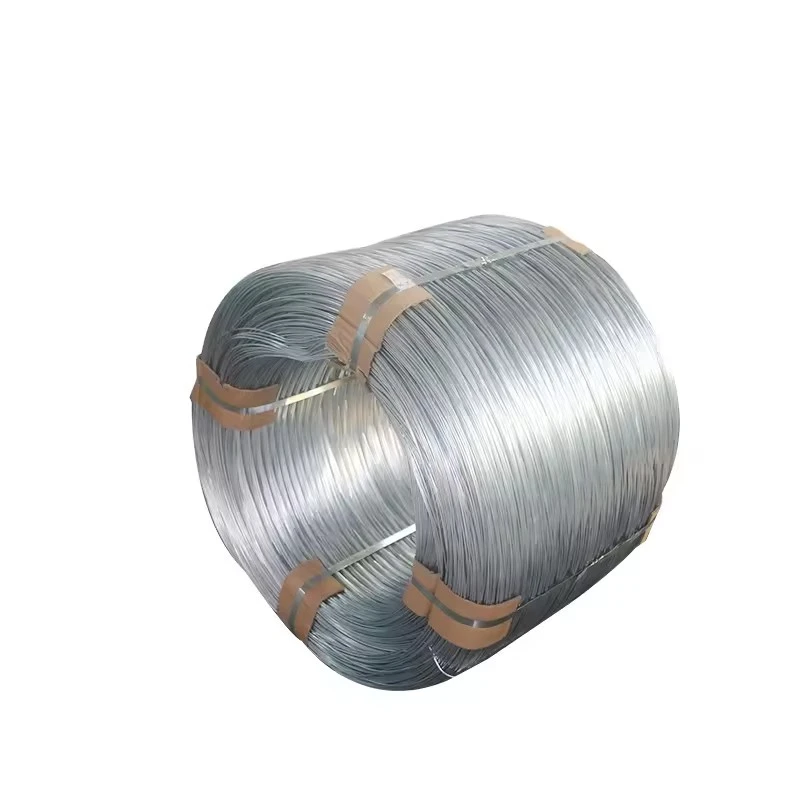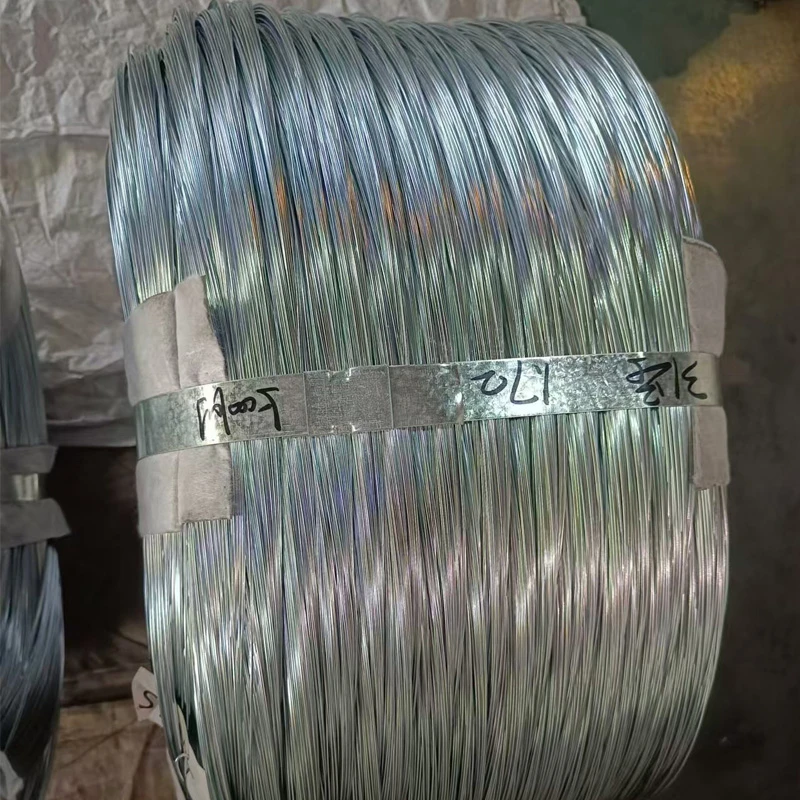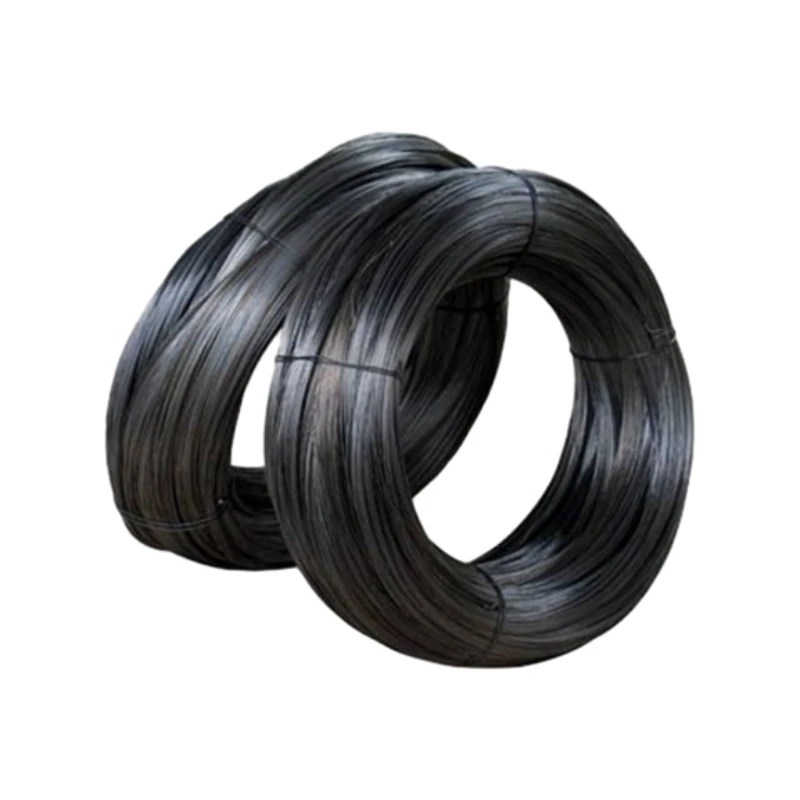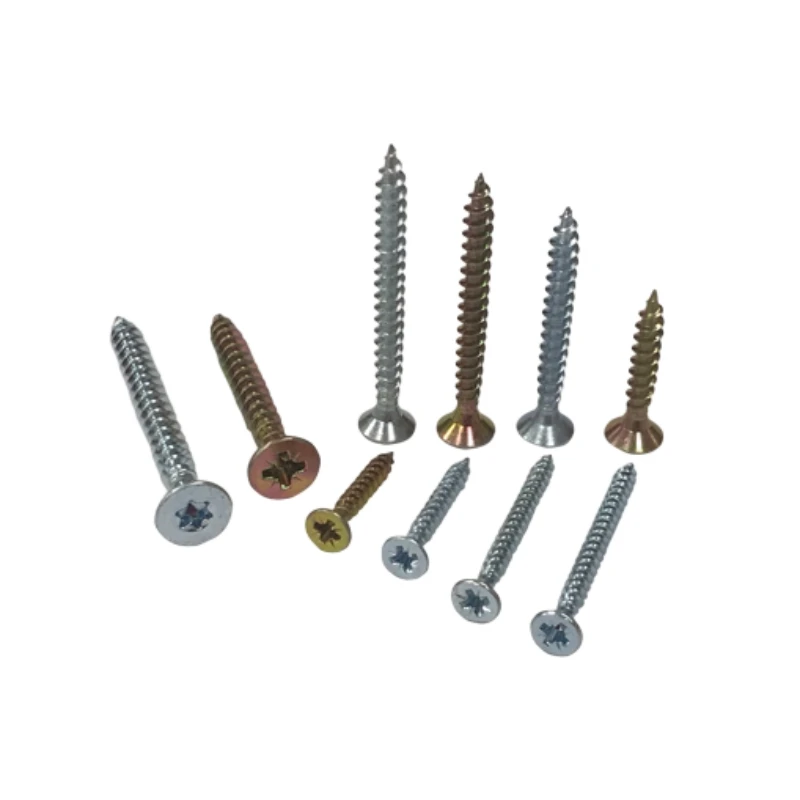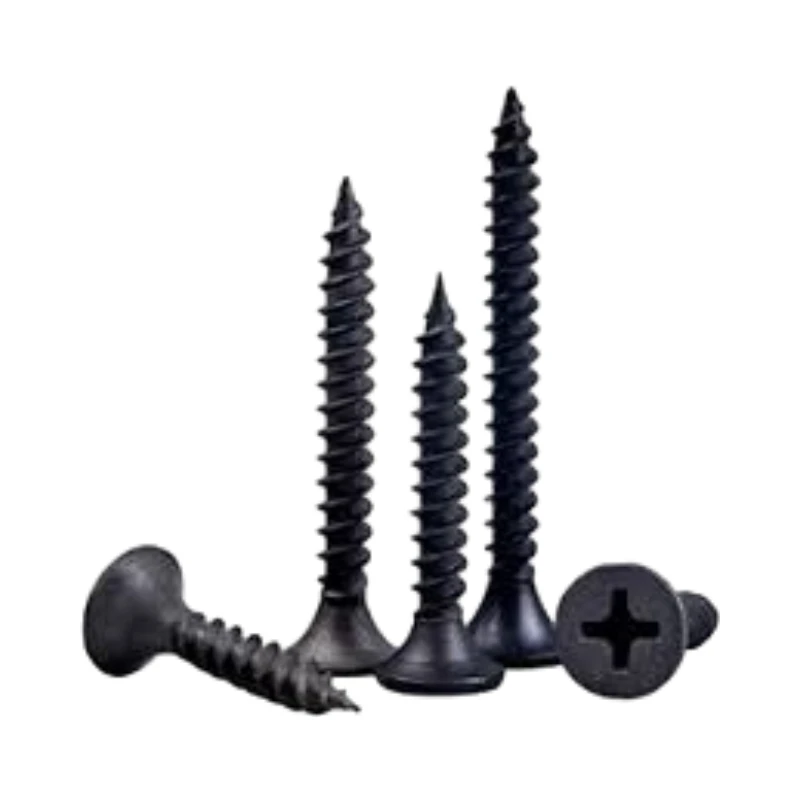
Talk With Us
+86-13601661296
Email Address
admin@sxjbradnail.comExploring F30 Brad Nails: Essential Tools for Precision and Durability
The Global Impact and Benefits of Understanding f30 Brad Nails
It might sound oddly specific, but f30 brad nails play a surprisingly vast role in many industries worldwide—from delicate woodworking projects to large-scale manufacturing and construction tasks. In a world that increasingly values precision, efficiency, and sustainability, understanding the ins and outs of such simple yet crucial fasteners can improve not only craftsmanship but also environmental and economic outcomes. What’s fascinating is how a tiny piece of metal like a brad nail can ripple its effects across global supply chains and production lines.
Global Context: Why f30 Brad Nails Matter in Today's Industry
On the surface, nails might seem like humble tools, but globally, the fastening market is sizeable—worth billions and growing steadily, according to industry reports. The International Organization for Standardization (ISO) has ratified many standards on nails and fasteners, emphasizing quality and safety. Production of f30 brad nails reflects a broader push toward efficiency and precision in industries like furniture manufacturing, automotive assembly, and building restoration.
Enter the f30 brad nail: smaller, finer, yet robust enough to hold delicate wood joints without splitting materials. These nails help reduce waste, cut down rework time, and improve overall product lifespans. The rising demand for quality finishes and sustainable building practices means tools like these aren’t just good to have—they’re essential. Yet, a recurring challenge is ensuring consistent supply and quality across global markets, especially in developing regions where standards can vary widely.
Mini takeaway: f30 brad nails are a quietly pivotal component in modern manufacturing, contributing to product durability and efficiency worldwide.
What Are f30 Brad Nails? A Practical Definition
Simply put, f30 brad nails are slender, small-diameter nails—usually between 18 and 21 gauge—that typically measure around 30 millimeters (hence "f30") in length. They're designed for use in pneumatic nailers, providing a clean finish that won’t damage thin or delicate woodwork. Unlike regular nails, brad nails have smaller heads, making them perfect for tasks where minimizing nail visibility is key.
In terms of industry application, these nails are staples in cabinetry, trim work, and even crafts. Their strength lies in balancing subtlety with fastening power, which helps prevent cracks or splits in fragile materials. Not surprisingly, that makes them perfect for humanitarian aid projects that rely on rapid housing or furniture construction using lightweight woods.
f30 brad nails are basically the unsung heroes of precision fastening.
Key Features of f30 Brad Nails
Durability & Corrosion Resistance
Most f30 brad nails come galvanized or coated to resist rust. This is crucial because fasteners often face humid or variable conditions, especially in outdoor or temporary construction sites.
Precision Design
The uniformity in length and gauge ensures clean, stable connections without compromising delicate materials. This precision reduces project errors and repeated fix attempts.
Compatibility with Nail Guns
Designed specifically for pneumatic or electric brad nailers, their consistent size means faster work, a neater finish, and less manual effort.
Cost Efficiency
While slightly pricier than bulk common nails, their role in reducing damage and rework balances overall project costs, especially in fine woodworking and commercial cabinetry.
Environmental Considerations
Leading brands now emphasize eco-friendly materials and coatings to minimize environmental footprint, catering to green construction and sustainability standards.
| Specification | Details |
|---|---|
| Length | 30 mm (1.18 inches) |
| Gauge | 18-21 Gauge |
| Head Type | Small/Brad Head |
| Material | Galvanized steel or stainless steel |
| Coating | Rust resistant / Eco-friendly finishes |
Real-World Applications of f30 Brad Nails
From North American furniture workshops to European window manufacturers, f30 brad nails are everywhere. In Asia, where prefabrication and modular buildings are booming, these nails speed up production while maintaining quality.
One standout use case: Post-disaster relief efforts benefit from lightweight construction materials joined quickly and securely using brad nails. For example, NGOs in Southeast Asia often rely on f30 brad nails for building temporary community shelters that need strength without bulk. Likewise, in Australia, many small artisans use these fasteners for intricate cabinetry, bringing craftsmanship to modern homes.
Mini takeaway: Whether in a forest cabin or an urban cabinet, f30 brad nails fit seamlessly in a variety of industries focused on precision.
Advantages and Lasting Value
- Cost Savings: Reduced material waste and less damage translate into fewer replacement parts and quicker assembly.
- Sustainability: Eco-conscious coatings and optimized supply chains lower environmental impact.
- Reliability: High-quality steel and tested dimensions support strong, lasting joins.
- Safety & Aesthetics: Less visible nail heads reduce risk and improve final surface appeal.
These factors combined build confidence in products using f30 brad nails. Plus, the emotional boost of knowing a final piece won’t fall apart — that’s invaluable.
Looking Ahead: Future Trends in f30 Brad Nail Technology
Innovation rarely stops at nails, oddly enough. Recent developments target biodegradable coatings and smart fasteners that can indicate material stress digitally—imagine a nail that warns you before a joint fails. Sustainable manufacturing practices continue to grow, with firms exploring recycled steel and low-energy production methods.
Automation in packaging and sorting means nails reach customers faster and with less waste. And with green building codes tightening globally, expect brands to push nails that fit those certifications.
Challenges and Solutions
Of course, not everything is perfect. Suppliers face challenges like inconsistent standards in emerging markets and occasional supply chain bottlenecks, especially post-pandemic. Some users report occasional jamming in nailers due to slight dimensional variances.
Still, many manufacturers address these issues by improving quality control and collaborating with distributors to ensure consistency. Training users on proper tool compatibility also helps prevent jams and misuse.
| Vendor | Material Quality | Coating Type | Price per 1000 Nails | Eco-Friendliness |
|---|---|---|---|---|
| StaplePro | High-grade galvanized steel | Zinc-coated | $15.50 | Moderate |
| EcoFasteners | Recycled stainless steel | Biodegradable Finish | $18.00 | High |
| ReliableNails | Standard steel | Electroplated | $14.00 | Low |
FAQ: Frequently Asked Questions About f30 Brad Nails
What makes f30 brad nails better than regular nails for woodworking?
f30 brad nails are thinner and have smaller heads, which means they hold fragile wood pieces securely without splitting them. Their precision sizing also reduces visible damage and improves aesthetic finishes compared to larger common nails.
Can f30 brad nails be used for outdoor projects?
Yes, but ensure you select galvanized or stainless steel variants for corrosion resistance. Proper coating helps these nails withstand moisture and outdoor elements, prolonging the life of your project.
Are f30 brad nails compatible with all nail guns?
Most pneumatic and electric brad nailers designed for 18-21 gauge nails accept f30 brad nails, but always check your tool’s specifications for length and gauge compatibility to avoid jamming or misfires.
How can I source eco-friendly f30 brad nails?
Look for vendors that specify recycled steel usage and biodegradable coatings, like some brands listed on our vendor comparison table. Certifications such as ISO 14001 also indicate environmental management compliance.
Where can I buy quality f30 brad nails in bulk?
Reputable distributors and specialty fastener suppliers online, such as f30 brad nails providers, often offer volume discounts and quality guarantees. It’s worth establishing a relationship for consistent supply.
Conclusion: Embracing the Small But Mighty f30 Brad Nails
After all this, it’s clear that these little fasteners punch well above their weight. The f30 brad nail merges precision, durability, and practicality in ways that many products aspire to. Whether you’re crafting a bespoke chair or assembling quick-build shelters in disaster zones, they prove invaluable. So next time you reach for a nail, consider the f30 brad nail’s quietly powerful role.
For more details on purchasing options and specs, jump over to our page at f30 brad nails.
References:
1. ISO (International Organization for Standardization) standards on fastening products.
2. World Bank reports on global manufacturing efficiency.
3. Wikipedia contributors, “Nail (fastener),” Wikipedia, The Free Encyclopedia.
-
2 Inch Brad Nails - Precision Fastening for Woodworking & ConstructionNewsNov.24,2025
-
Affordable Quality: Understanding Cheap Brad Nails and Their Global ImpactNewsNov.24,2025
-
Type F Brad Nails: Precision Fasteners for Quality Craftsmanship & IndustryNewsNov.23,2025
-
High-Quality Type 47 Brad Nails for Precision & Durability | SXJ IndustrialNewsNov.23,2025
-
T47 Nail: The Ultimate Guide to Industrial and Construction ApplicationsNewsNov.22,2025
-
Everything You Need to Know About T Head Brad Nails | Global Fastening SolutionsNewsNov.22,2025

